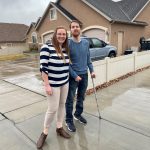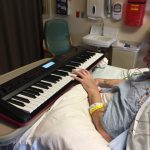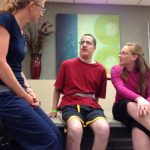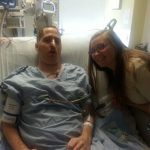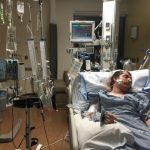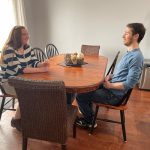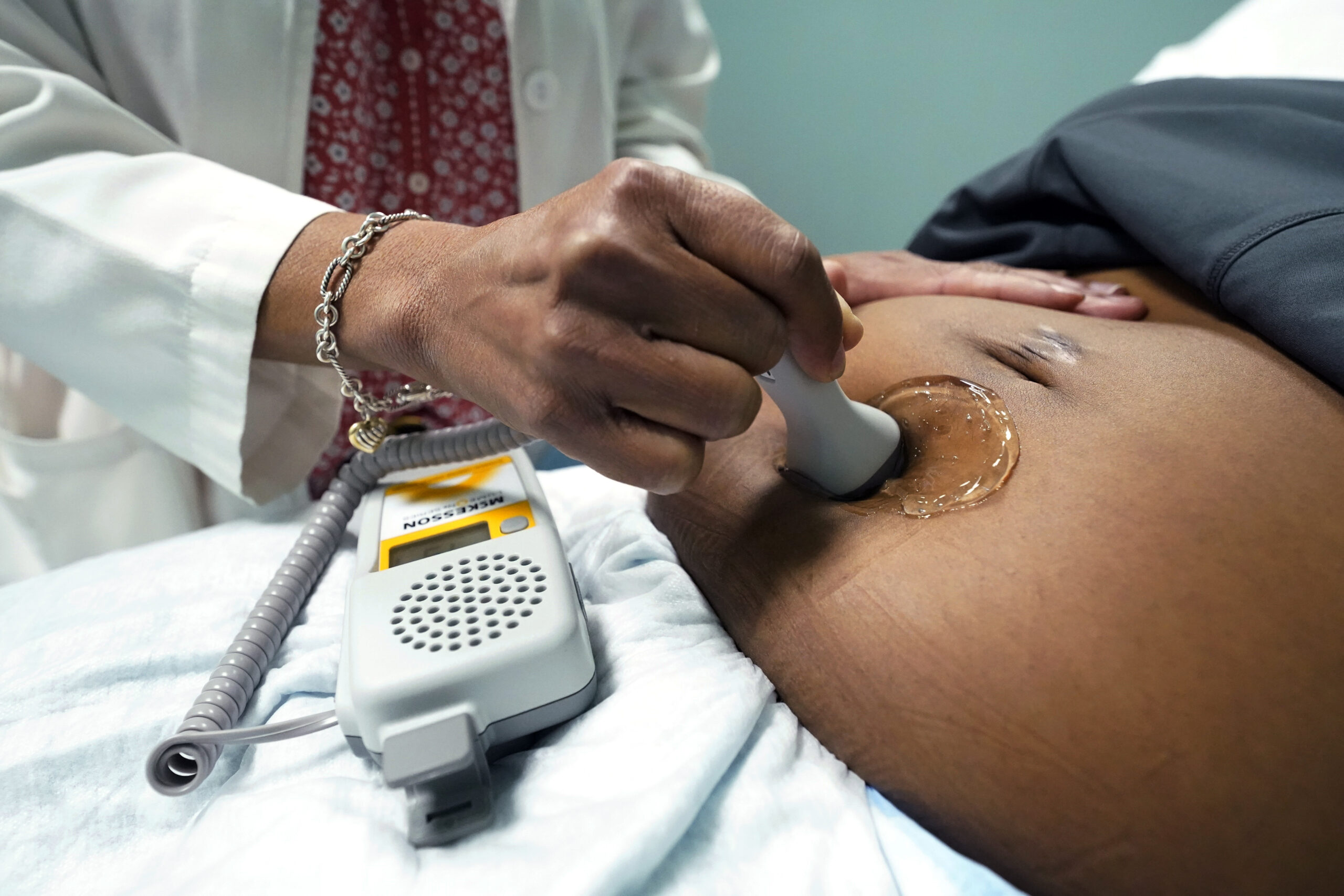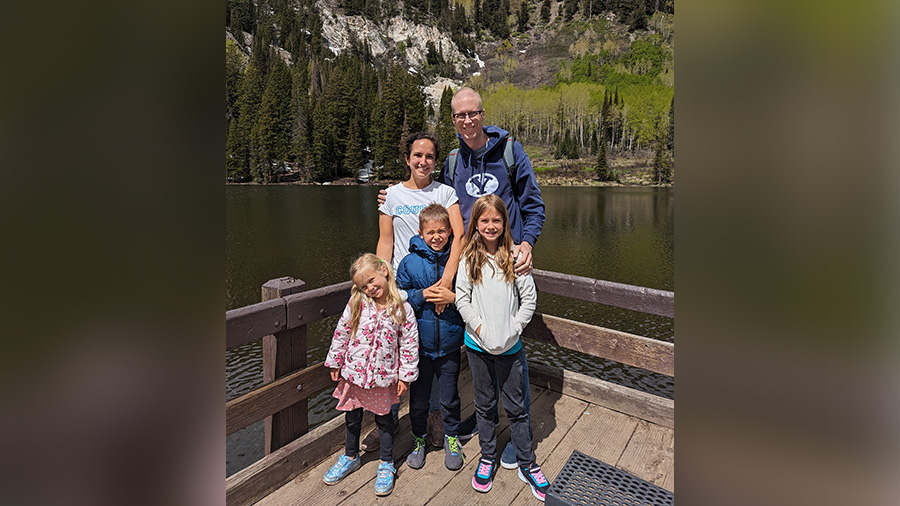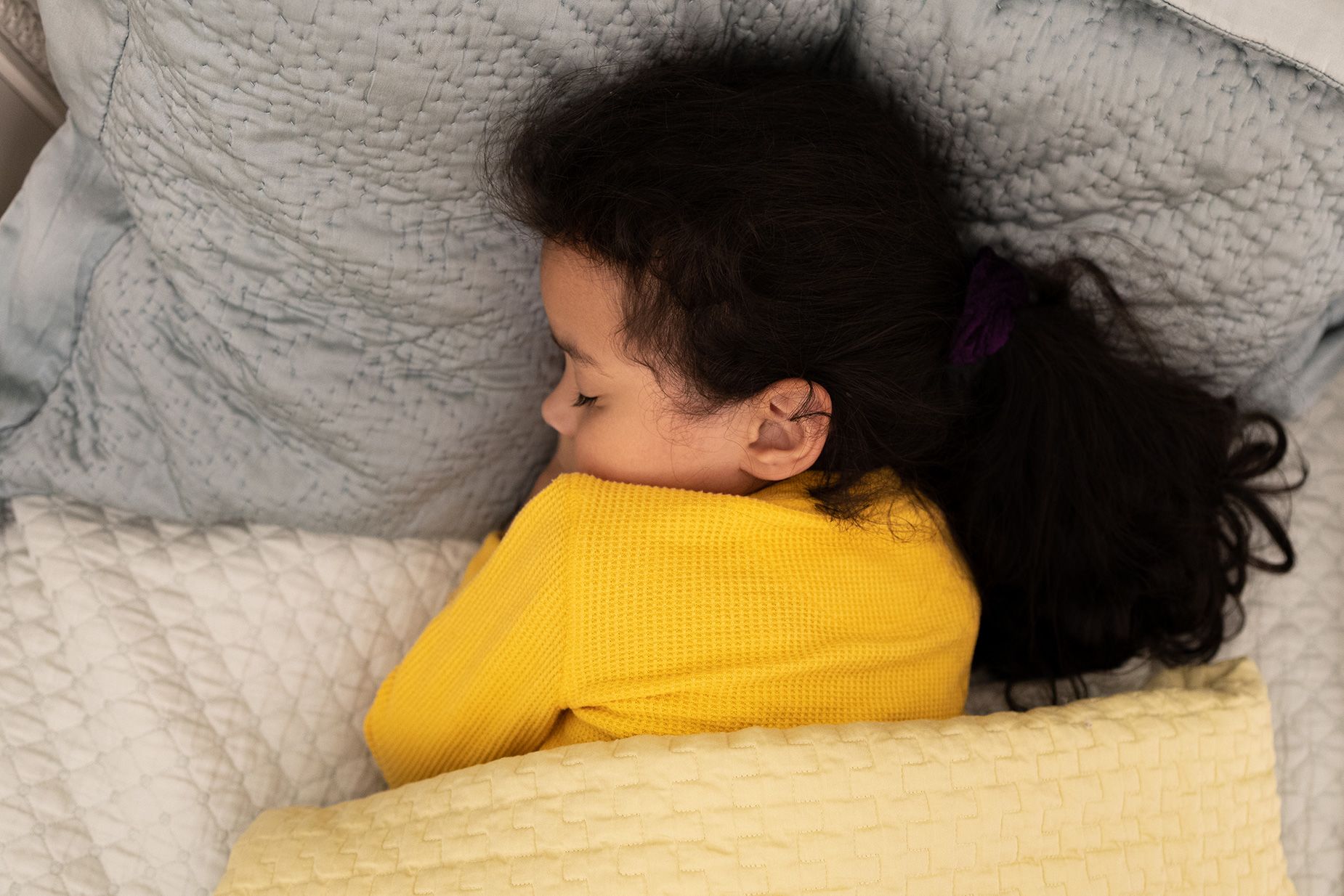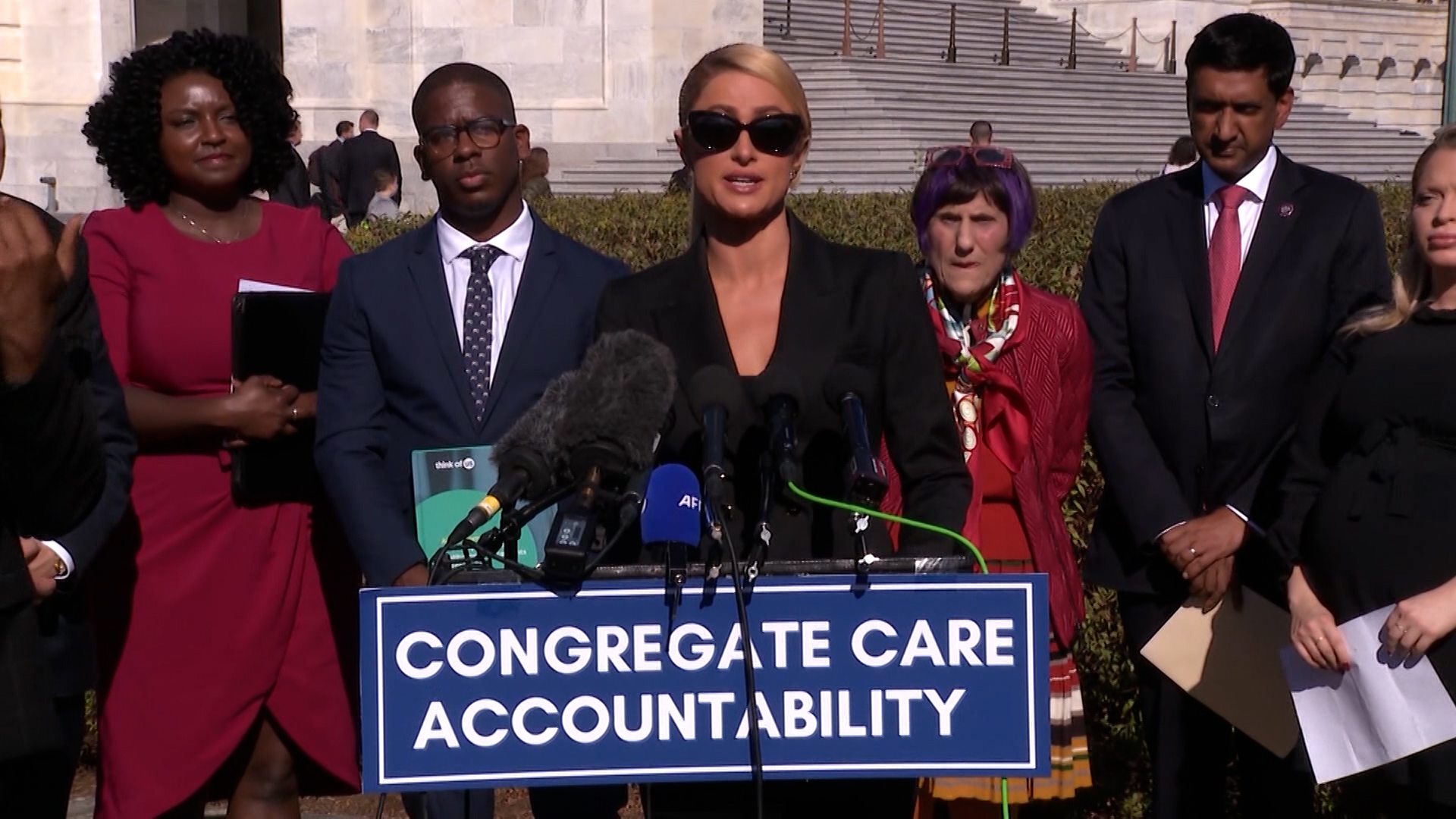UofU Program Helps Utah Couple Nurture Marriage After Brain Trauma
Apr 30, 2021, 7:11 PM | Updated: May 1, 2021, 9:42 am
SARATOGA SPRINGS, Utah – The sudden changes caused by a stroke or spinal cord injury can be overwhelming. Navigating recovery and questions about the future can put a strain on relationships. Those relationships are critical to the healing process. There’s a new program at the University of Utah aimed at strengthening those bonds.
It’s mid-morning and Trisha and Brady Snow stand in their tidy kitchen in Saratoga Springs. Trisha is organizing bottles of prescription medications.
“He has to take them four different times a day,” she says. “It definitely changed everything.”
Two and a half years into their marriage, Brady was diagnosed with brain cancer.
Trisha read from the blog she wrote at the time, “(It was a) rollercoaster at the ICU. Recovery hasn’t been a simple thing for Brady.”
Brady’s treatments damaged his brain, giving him symptoms like a stroke patient. He had to relearn how to walk, talk, swallow and breathe.
“It definitely went from a marriage to a caregiver relationship,” Trisha said.
“A lot of times that is not conducive to romantic partnerships,” says Dr. Alex Terrill, a clinical psychologist in the University of Utah’s department of occupational and recreational therapies.
Many marriages don’t survive such trauma. They can face up to a two and a half times higher likelihood of splitting up within the first three years after the injury, according to the University of Utah.
Terrill created a program focused on helping couples reconnect. It’s called ReStoreD (Resilience in Stroke-carepartner Dyads).
“Expressing gratitude for each other, practicing acts of kindness, fostering relationships, working towards goals, savoring experiences together and finding meaning in what happened,” she says.
Through the clinical trial, they learned to build on strengths, and become resilient.
“Talking about it can help relieve that stress sometimes,” Trisha says.
The couple learned communication skills through exercises like “20 questions.”
“It’s the daily sort of interactions that bring a little bit of joy: knowing that you’re appreciated, for example, or expressing appreciation for your loved one,” Terrill says.
But does it work?
“The intervention does promote resilience,” Terrill said. “It decreases depressive symptoms, and it increases the couple’s ability to cope with stressors.”
Trisha and Brady focus on not what they’ve lost, but what they’ve found.
“A whole lot of love for my wife, because she helps me so much,” Brady says, wiping tears.
The couple is taking steps for their future.
“We want to adopt,” Trisha says. “Hopefully, through foster care, there are a lot of kids out there who just need someone to love.”
They are hoping to be loving but stern parents.
“Ah, that’s not going to happen. They’re going to have you wrapped around their finger,” Trisha says. “Dad will be like, ‘Yes, let’s have chocolate cake for breakfast.'”
Imperfect circumstances, more flawless love.
“It doesn’t matter where you come from, what you look like, who you are- we’ll love you,” Trisha says.
Researchers say creating healthy relationships after trauma increases healing and decreases the likelihood of having to be hospitalized again.
The study was funded by the National Institutes of Health. Now scientists hope to run a bigger national trial.


